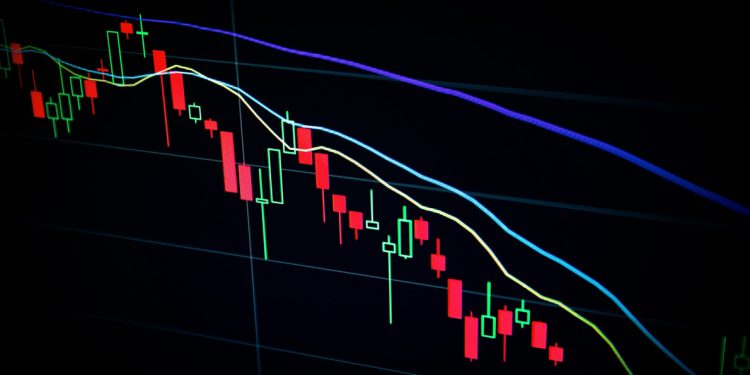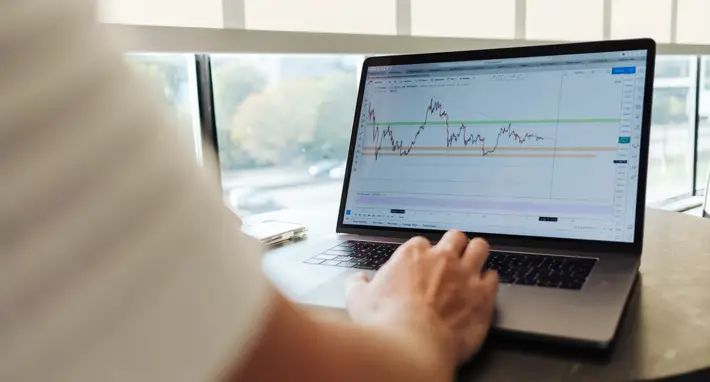Need for ECB to be More Aggressive to Deal with Inflation Surge

The European Central Bank recently confirmed plans to hike July rates, in a bid to raise inflation projections. And following the latest monetary policy meeting, the Governing Council announced it intends to raise key interest rates by 25 basis points next month. The announcement marks the end of an era, with the first increase in interest rates since 2011.
Despite attempts for a modest rebound last week, European markets still finished lower for the second week in succession. US markets also finished the week similarly mixed but sharply lower. The S&P500 posting its worst week since March 2020. (see the derivative US SPX 500)
A sharp decline
Michael Hewson, Chief Market Analyst at CMC Markets (CFD trading and spread betting provider) says: “At the end of last month there had been some optimism that the US economy might be able to achieve some form of soft landing. This prompted a sharp decline in US treasury yields and a rebound in US markets from their lows, as markets started to price in the prospect of a rate pause in September.”
It seems that Central Banks have moved swiftly, after realising that inflation is raising its head much more than people realised it would.
Mr Hewson added: “Last week’s events appear to have prompted a sharp re-evaluation by central banks that far from being a temporary phenomenon that inflation is becoming more entrenched, it is starting to be much more persistent than originally thought, and that radical action is needed to tackle it. It is clear from last week’s Fed meeting, and with the shackles of the blackout period now lifted that many on the FOMC are in no mood to pare back their determination to send a message when it comes to rate guidance.”
Too slow
Fed governor Christopher Waller has gone on record to support another 75bps rate move in July, and declared that he doesn’t care what’s causing the current surge in inflation. He’s even happy if that rate move means unemployment rises to 4.5%. Atlanta Fed president Raphael Bostic, had also weighed in and said that the Fed would do “whatever it takes” to bring inflation back to 2%.
High inflation is a challenge for everyone, and Michael Hewson said: “It is becoming even more clear now that the Federal Reserve was too slow in tapering its easing program, and the global economy is paying the price now in the form of runaway inflationary pressures. The risk now is that the Fed will need to be even more aggressive at its next few meetings to put the inflation genie back in its bottle.
Now, the European Central Bank has come under increasing pressure to deal with its own inflation problem. The current German PPI numbers for May are set to be a key for more aggressive action from the ECB, and we’re also about to find out how much further UK inflation has risen in May against a backdrop of the Bank of England raising rates by 25bps.
Michael Hewson said: “By the time, the MPC next meets in August they could well be another 75bps behind the Federal Reserve when it comes to raising rates, potentially pushing the Fed funds rate to 125bps above the UK base rate. That’s quite a move, given the four-month head start the Bank of England had in starting its own rate hiking cycle, at the end of last year.”










